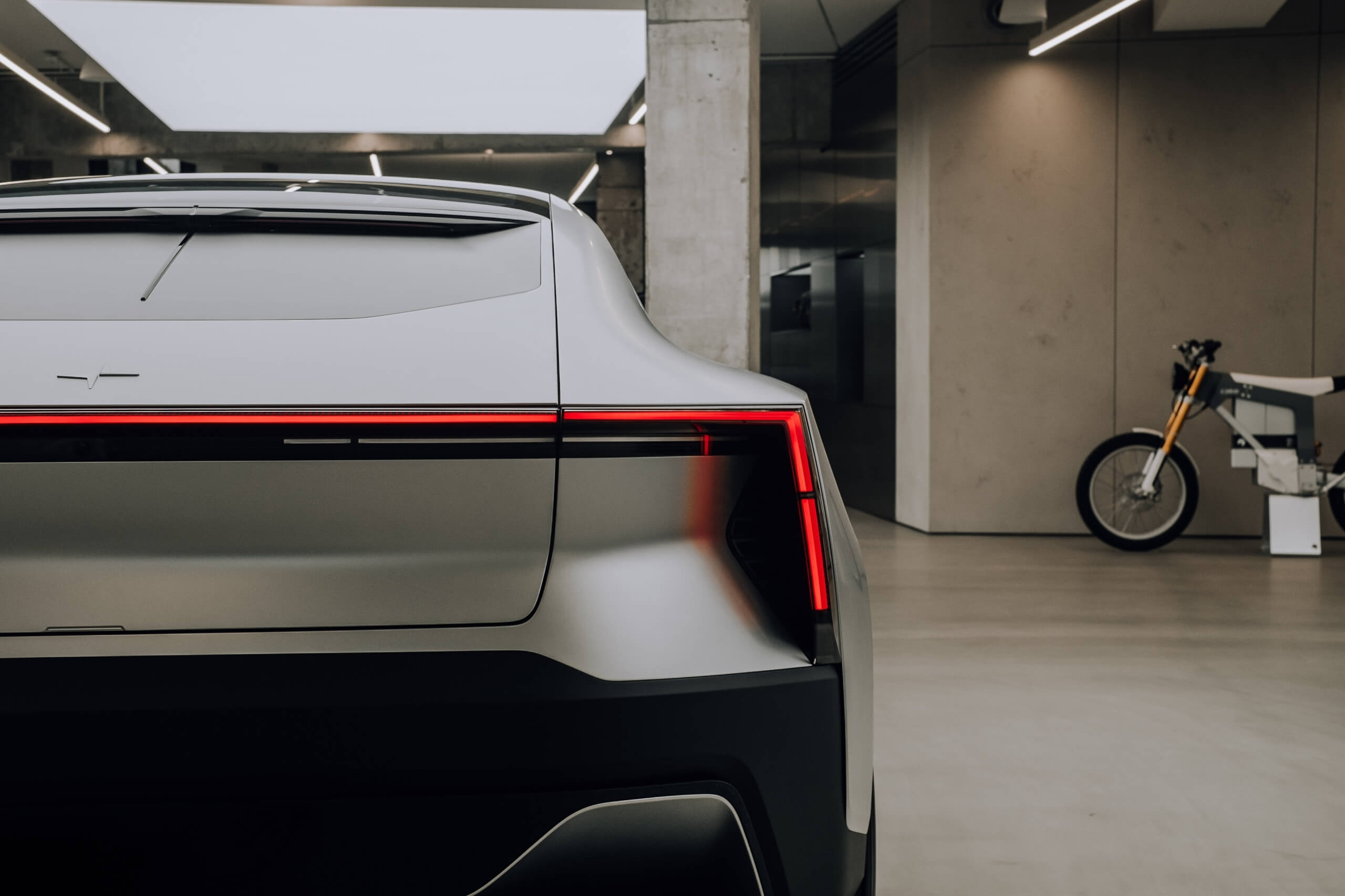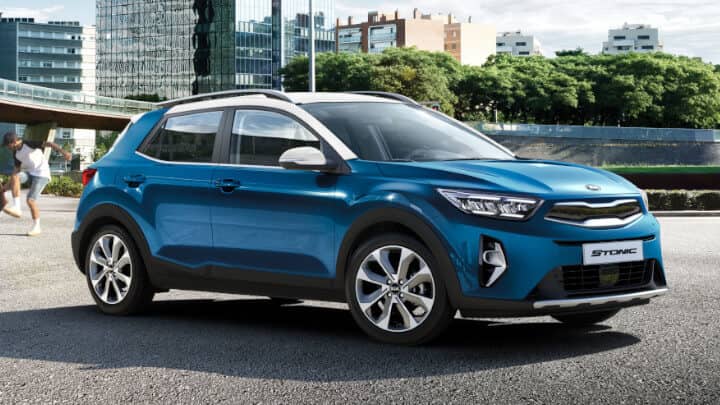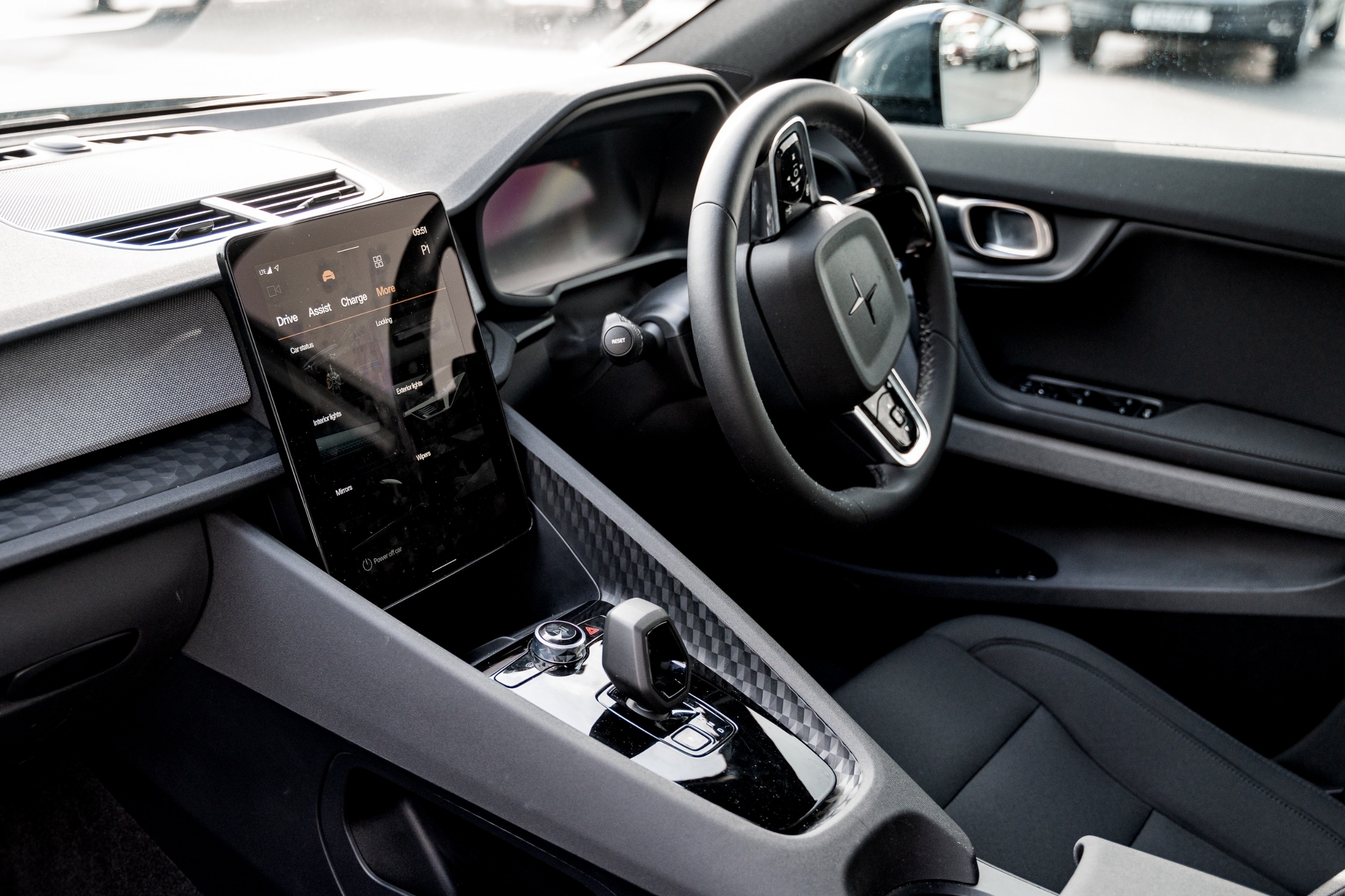Welcome to the Wagonex Car Reviews Hub — your central guide to the most popular,...

Electric Car Buying Guide | Is it worth buying an EV?
Is it worth buying an Electric Car?
In the current climate, you might be wondering if investing in an electric car is worth it. There are a lot of things to take into consideration but we’ve pulled together a comprehensive guide to take a look at what you might need to know to make a decision.
Buying an EV
If you’re looking to buy an electric vehicle (EV) there are a range of options out there from Personal Loans, to Leasing and PCP. Brand new EVS are available for purchase from regular vehicle dealerships or can be leased through leasing companies, mirroring the process for conventional cars. Tesla stands out as an exception to the norm, as it lacks a traditional dealer network, and a majority of its sales occur through online channels.
Used EVs can also be found through conventional car dealerships and sites such as autotrader. When considering the purchase of a used EV, it is advisable to seek out a retailer certified for their expertise and excellence in EVs under the Electric Vehicle Approved (EVA) scheme.
Operated by the National Franchised Dealers Association, this scheme holds approval from the Energy Saving Trust, which conducts audits of the retailers, as well as from the Government’s Office for Zero Emission Vehicles. Many approved retailers will display The EVA badge to show they are part of the scheme.
Things to consider
When looking for an EV, pay careful attention to the range, production year, battery, and charging aspects when narrowing down your search for electric vehicles (EVs). Similar to considerations for petrol and diesel cars, here are key areas that require extra scrutiny:
Range
- Understand the difference between tested range and real range to avoid "range anxiety."
- Tested range is the manufacturer's listed range, typically tested in controlled conditions.
- Real range is the actual distance achievable in various weather conditions, especially cold weather.
- As a general rule, the real range tends to be around 70-80% of the tested or listed range.
- For instance, a car with a tested range of 500 km might cover approximately 400 km when fully charged.
Production Year
- Opt for newer used EVs if your budget allows, as technology continually evolves.
- The latest versions often feature improved range and charging speed.
- While older EVs are viable options, pay extra attention to range and charging capabilities.
- It can be difficult to get a used EV fixed at a standard garage so make sure you research common problems with specific make/models.
Battery
- The battery is the heart of an electric car and also the most expensive component.
- Replacing the battery is costly, so it's crucial to assess its condition.
- Research suggests that, on average, an EV's battery loses about 2.6% of its capacity per year, or 1.6% under optimal conditions.
Charging:
Charging is a crucial consideration when contemplating an electric vehicle. Charging options may seem daunting for first-time EV buyers, but understanding your choices is key.
- Consider three primary options for charging your EV. Purchase your own charge point and charge at home, rent a charge point for home use or utilise public charging points on the go.
- There are three main charger types—slow, fast, and rapid—each with its own speed, measured in kilowatts (kW).
- Figuring out how long it takes to charge your car based on these speeds and your battery size is key.
- Knowing the costs of home and public charging, with the cost of petrol, diesel and electricity constantly changing in the UK can make it difficult to make a call on how cost effective driving an EV might be.
For a comprehensive understanding of these aspects, explore the full guide on electric vehicle charging.
Are electric cars better to drive?
This one is down to personal preference but technically electric vehicles drive just as well as their petrol equivalents. The lack of gearbox in an EV means that it can be simpler to fully control an electric vehicle. Speeding up and slowing down is a matter of your foot on the pedal, rather like an automatic gearbox. To speed up, put your foot down, and the car’s motor will automatically be at top power.
This means the acceleration is very responsive, so it may take time to adjust to this. This tends to be the biggest practical difference drivers face.
Most EVs restore some energy to the battery when the foot is eased off the pedal. This also tends to slow the car down to the extent that you may find less need to push the brakes. Many EV drivers have found that the conventional brakes installed are only needed for parking or emergency stops.
Other than this, the main difference is the sound. By law, electric vehicles make noise similar to ICE vehicles so that pedestrians and other road users can hear them. Otherwise, for drivers, an EV is a smooth and quiet ride.
What are the Pros and Cons of Electric Cars?
Downsides of going electric
While electric cars offer numerous benefits, there are some downsides to consider:
Cost: Electric cars often have a higher upfront cost than traditional vehicles, although government incentives and grants aim to offset this. There are other ways to access EVs without needing to buy them, we’ll cover this later.
Range: Some electric cars have a more limited range than traditional vehicles, which can be a concern for those who frequently undertake long journeys. Longer-range electric vehicles often come with a higher price tag.
Charging Infrastructure: While the charging infrastructure is expanding, it is not as extensive as traditional petrol stations. The availability of charging points may still be a consideration, especially in certain rural areas but there are lots of tools out there to help. You can even Google ‘charging stations near me’ based on your live location to see how close your nearest station is.
Charging Time: Although rapid chargers exist, charging an electric car can take longer than filling a petrol tank. This might be inconvenient for those with tight schedules or during long journeys.
Home Charging Challenges: Not everyone has access to off-road parking, or the ability to install a home charging point, which can be a hurdle for some potential electric car owners.
Depreciation: While this is changing, some electric cars may depreciate faster than traditional vehicles due to concerns about battery longevity and advancements in technology. Read our article on car depreciation to find out more.
Limited Model Options: Although the market is growing, there are still fewer electric car models compared to traditional vehicles, limiting the options available to consumers.
Uncertainty About Resale Value: As technology rapidly advances, there may be uncertainties about the resale value of electric cars, particularly older models.
It's important to note that these downsides are continually being addressed through advancements in technology, government initiatives, and the ongoing growth of the electric vehicle market. Additionally, the suitability of an electric car depends on individual needs, driving habits, and the availability of charging infrastructure in specific regions.
Benefits of going Electric
Despite these considerations, there are plenty of reasons people are getting Electric Vehicles in the UK right now. Here are six benefits of buying an electric vehicle (EV):
Environmental Impact: EVs produce fewer emissions than traditional vehicles, contributing to reduced air pollution and lower greenhouse gas emissions. They play a crucial role in promoting environmentally friendly transportation.
Government Incentives: The government sometimes offers incentives, grants, and tax credits to encourage the adoption of electric vehicles. These can significantly reduce the upfront cost of purchasing an EV - to keep up with the latest changes you can check here.
Reduced Dependence on Fossil Fuels: EVs decrease dependence on fossil fuels, promote energy diversity and help to mitigate the environmental impact associated with oil extraction and transportation.
Lower Operating Costs: Electric vehicles have fewer maintenance requirements since they have fewer moving parts. There's no need for oil changes, and the regenerative braking systems can extend the life of brake components.
Innovative Technology: EVs often come equipped with cutting-edge technology, including advanced safety features, connectivity options, and autonomous driving capabilities. They provide a modern and tech-savvy driving experience.
These benefits collectively make electric vehicles an attractive and sustainable choice for many consumers. As costly as EVs can be, there are still financial incentives to buying them. Namely, they are currently free of road tax in the UK.
Funding an EV
If you are interested in going electric there are multiple ways you can fund your vehicle, this depends on whether you want to own one or are happy to simply drive one, without the worries of committing to ownership.
Let's take a look at some of the more popular options:
1. Cash Purchase
Buying an electric car outright with a one-time payment.
- Advantages: Full ownership, no monthly payments, potential negotiation on the purchase price.
- Considerations: Requires a very substantial upfront investment and uncertainties on the resale value in the future..
2. Personal Contract Purchase (PCP)
A financing option where you pay a deposit, followed by monthly payments, and have the option to buy the car at the end of the contract usually with a hefty balloon payment.
- Advantages: Lower monthly payments, flexibility at the end of the contract (buy, return, or upgrade).
- Considerations: Mileage limits and potential additional fees.
3. Lease
This is essentially renting the electric car for a fixed term ranging from 3-5 years by paying a monthly fee.
- Advantages: Lower upfront costs, regular vehicle upgrades, and maintenance often included.
- Considerations: No ownership at the end of the lease, mileage restrictions apply.
4. Subscription
A comprehensive package bundling the car, servicing, road tax and maintenance into a single monthly fee.
- Advantages: Simplified ownership experience, potential cost savings with the included services. Usually available on short term or flexible contracts.
- Considerations: Can be a high monthly commitment and may not include all costs, for example insurance.
5. Salary Sacrifice
An arrangement where an employer deducts the cost of the electric car from the employee's salary.
- Advantages: Potential tax benefits, access to a new vehicle without large upfront costs.
- Considerations: Availability depends on employer policies, might have animpact on pension contributions.
Each of these purchasing methods offers unique advantages and considerations, allowing you to choose the option that best aligns with your financial preferences and lifestyle.
Summary
Considering current advancements in electric vehicles (EVs), making the switch now presents both opportunities and challenges for potential buyers. Advantages include increased range, reduced costs and government incentives. However, challenges such as higher upfront costs, charging infrastructure in the UK, limited model options, and potential uncertainties about future resale values should also be carefully weighed before deciding to purchase an EV.

2025 Review of the Mercedes C-Class AMG






-2.jpg)